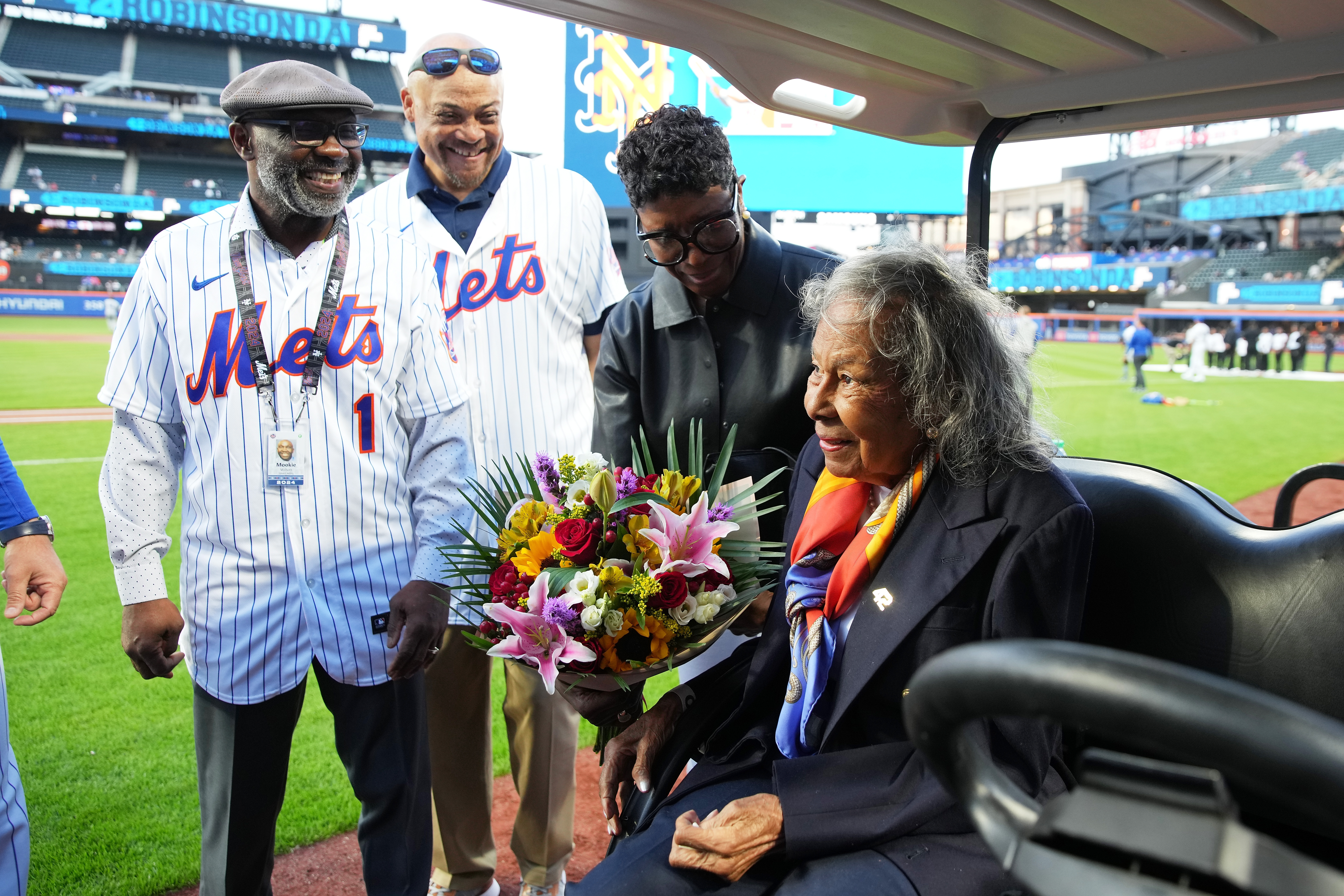As Friday’s Phillies game wandered through its second hour, a ring of darkness covered Citizens Bank Park. The skies prepared to douse 80s Retro Night with a vicious storm that caused a 94-minute rain delay, jeopardizing the fireworks most of the 38,000 people filling the blue seats came to see.
But for the nine guys on the field wearing the maroon pinstripes of their 1983 predecessors, Austin Hedges, and not the weather, was the spoiler.
The 24-year-old Padres catcher entered Friday as a .214 hitter batting eighth on a team 13 games under .500. Then his three-RBI night and first career multi-home run game, at the expense of rookie right-hander Nick Pivetta, combined with a ninth-inning letdown from closer Hector Neris to best the Phillies in a 4-3 Padres’ win (see Instant Replay).
“He pitched very well,” Phillies manager Pete Mackanin said of his starter. “We should’ve won.”
For seven pre-downpour innings, Pivetta handled most of the Padres’ lineup. Coming off a brilliant outing in New York last weekend in which his only run and hit allowed came on a solo home run, Pivetta, with his fastball reaching 96 mph, struck out nine and walked none. He allowed just five hits, but three of them, like the one against the Mets, ended up over the fence.
In the first, Pivetta left a curveball out over the plate for Padres left fielder Jose Pirela to pipe 450 feet to left-center field. That was one mistake, one solo home run. Then Hedges launched another Pivetta gaffe into left-center to lead off the third. Make it two. When Hedges came up again in the fifth, he slapped a high fastball the opposite way for his second solo homer of the night.
MLB
A few bad pitches, but 90-plus others didn’t do a lick of damage.
“I'll take the three solo shots over not walking any guys and striking nine guys out any day,” Pivetta said.
It qualified as a quality start for Pivetta, which Phillies starters have now done 13 times in the team’s last 19 outings. He has claimed only two wins in 11 appearances, but the results have been encouraging of late. He has 35 strikeouts and a 1.11 WHIP in his last five starts.
In a crowded crop of young pitchers, which could get even younger after the trade deadline, Pivetta has emerged.
“It's just settling in. I have more innings underneath my belt. I've seen a little bit more. I still have a lot to learn, a lot to work on,” Pivetta said. “I think this is a good basis for where I'm at right now and I just want to keep moving forward with that.”
It felt, albeit very briefly, that Pivetta’s performance would be the cornerstone of a win. Despite a Tommy Joseph opposite-field solo shot of his own in the fourth being the only offense the Phillies could manage off Padres starter Clayton Richard before the delay, the Phils’ bats seemed to be cleansed by the washout.
Catcher Cameron Rupp jump-started a rally with a one-out single in the Phillies’ half of the seventh, the first frame after the break. Nick Williams, who didn’t start for the second straight day, whacked a pinch-hit double off the wall in right-center. A Daniel Nava groundout to the pitcher’s left scored Rupp, and the ensuing Freddy Galvis single plated Williams to tie the game. The fans who survived the rain were loud and happy.
The quality on the mound continued with a scoreless eighth from All-Star reliever Pat Neshek. But then Hector Neris came on for the ninth and pitched a dud.
Neris let up a leadoff single to Padres third baseman Cory Spangenberg. Another single advanced Spangenberg to third and a sac fly, courtesy of the oh-so-familiar Hedges, scored him. So much for that comeback.
“He didn't have good command,” Mackanin said of Neris. “Got that fastball up in the strike zone to allow the hitter to get the ball up in the air and get the sac fly that beat us.”
It meant another one-run loss for the Phillies, which they have now suffered 22 times this season. Call it brutal luck or lack of the clutch gene, but the team with baseball’s worst record has that mark partially because it can’t win the close ones.
“Those are games that you want to win,” Joseph said. “... That one-run win-loss record is really haunting us. That's something that, come second half, we have the opportunity to turn around and kind of change the fate of that.”


